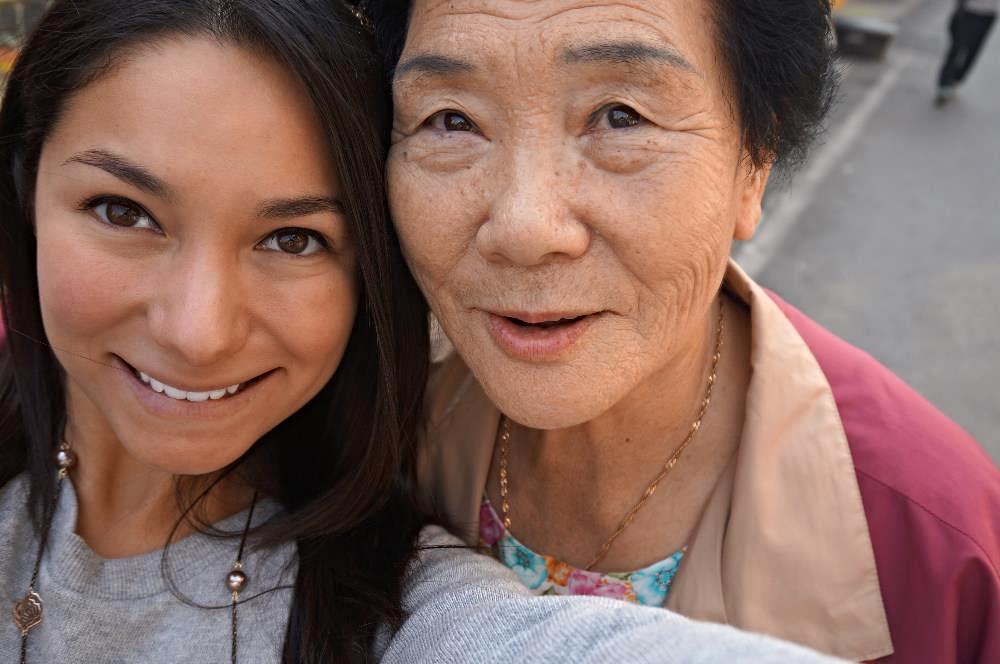Learning a New Language

Learning a new language in your host country could be one of the best decisions you make. As teachers, we are prone to giving good advice, it’s our job. Inspiring young ones and cultivating students’ minds. However, when it comes to taking our own advice, at times, we hesitate.

It’s easy to make excuses for not learning the language. I’m too busy, I’m too tired from teaching, my schedule is already too packed, I want to party with my friends, it’s too hot, it’s too cold, and finally, it’s too hard; however, if we spent more time studying and less time creating excuses our schedules would open up.
All it takes is thirty minutes out of your day to do a little bit of studying and review. If you think that you need a more structured learning environment (like myself) there are always ways to schedule classes, in a classroom or 1-on-1 lessons.
If you study abroad for one year and you study thirty minutes every day, for 365 days, give or take, that’s 182.5 hours of studying (I may be wrong, math was never my strong suit). That’s a lot of language learning.
With that many hours of learning it’s possible to, at the very least, get the basics of the language down. Even the basics will take you a long way. Plus, most locals will appreciate you making the effort to learn their language.
I like to think that most teachers who choose to travel abroad are adventurous by nature. If you’re one of those kinds of people or just someone who is interested in learning how to start learning a new language abroad, but are having trouble starting or keeping up with your language studies, these tips are for you.
Starting
A good tip before you move to a country is to first find out which language they speak. As I already believe most people will know what the language will be, the next step is to buy some simple books that introduce the language and maybe provide some basic phrases you would use in everyday life.
In my personal opinion I would avoid the 500 survival phrase or the large “pocket size” books (I mean seriously, there’s no way a majority of those books would fit in a normal sized pocket). These books are just too overwhelming and wouldn’t help with listening in any way.
For example, I went to Italy on vacation and had a phrase book. I could say the phrases to the locals and they would understand me, but when they started responding in full-blown Italian I just stared at them like a deer in headlights.
If it’s possible to get a beginner book with a CD that may be your best bet for starting off. I would say to start practicing two to three weeks before going to your new country. You can at least dip your toes into the new language. Learn “hello”, “goodbye”, “thank you”, the basics.
Arrival
The most important part to understand about learning a new language is that you are going to embarrass yourself. It’s inevitable. As language learners and teachers we should be able to laugh at ourselves, learn from it, and move on.
I had learned Chinese for almost one year while at university before I came to Taiwan the first time. I was terrified to speak when I first got here, but quickly realized I was a foreigner to a country whose language is extremely difficult to learn.
I dropped my inhibitions to the wind and made a fool of myself. Many people didn’t understand what I was saying (because of the tonal nature of Chinese), but I kept on speaking. I benefitted from all the mistakes I made – after all, that’s the only way we can learn.
Classes
There are options to take classes in a variety of forms in every country. Often, universities will offer language classes for reasonable prices. Do a Google search of universities in your city, check their English website (most of them will have one), and see if they offer classes.
Perhaps, they won’t have classes that fit your schedule. No problem! This gives you a better opportunity to take individual classes. 1-on-1 courses are a great way to get some extensive individualized attention that can target your strengths and weaknesses.
Private classes are also a great way to meet some locals and potentially really cool people! Private class teachers usually can work around your schedule, giving your more flexibility.
Individual Review
After organizing some classes and learning a bit about the language it’s time to start reviewing on your own. Review vocabulary, listen to textbook CDs, watch some TV programs (although these are probably too difficult), chat with some local friends.
Some teachers are fortunate to have breaks between their classes. Take advantage of these. They provide you with some free time to grab some food and review what you’ve learned so far.
Learning your new country’s language will give you a whole new perspective on the place which you are living. Not only will you understand the people better, but you’ll also understand the culture better.
Like I always say, language and culture are intertwined – you can never have one without the other. Your experience abroad will be immeasurably better because of those short thirty minutes you spent everyday practicing!

